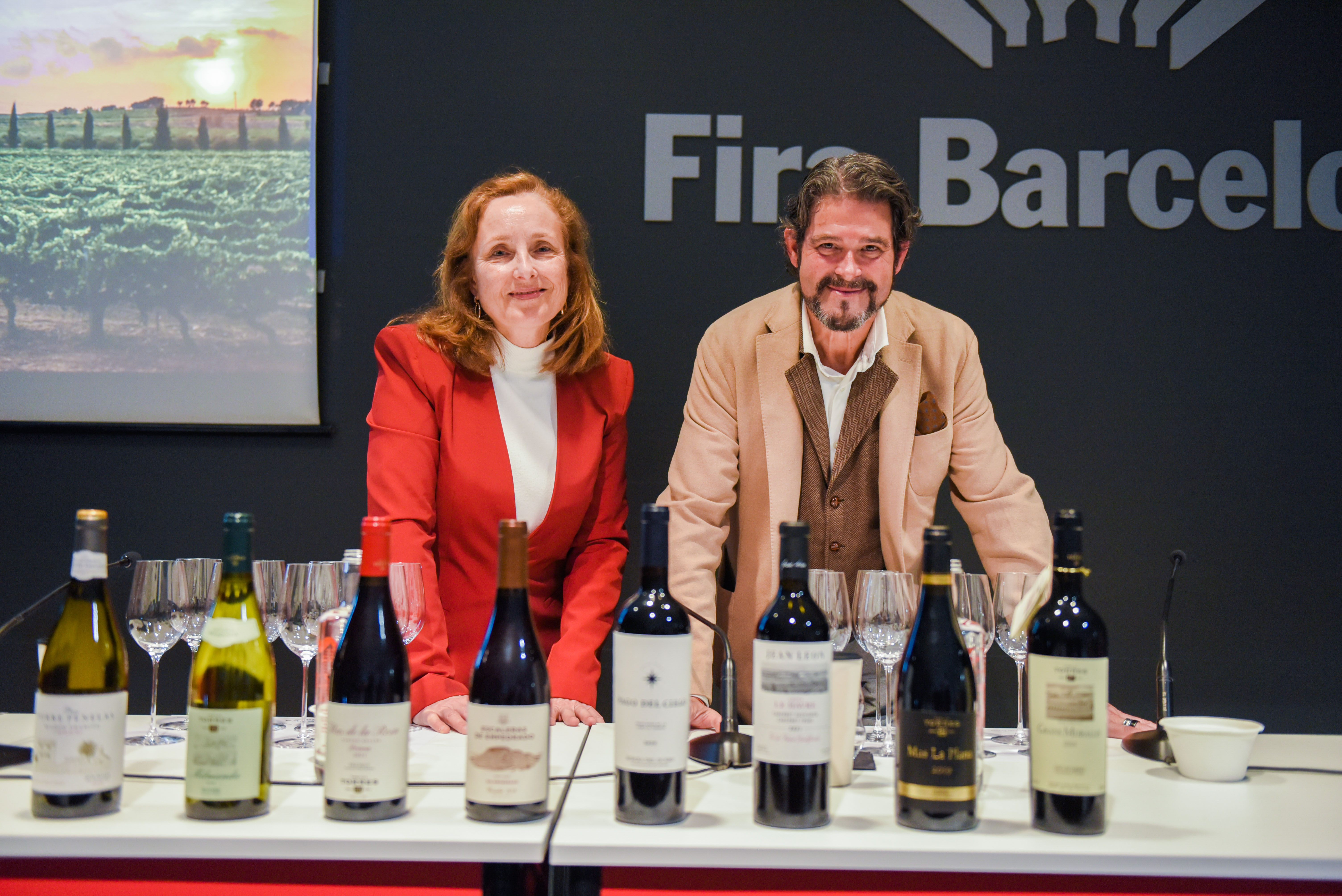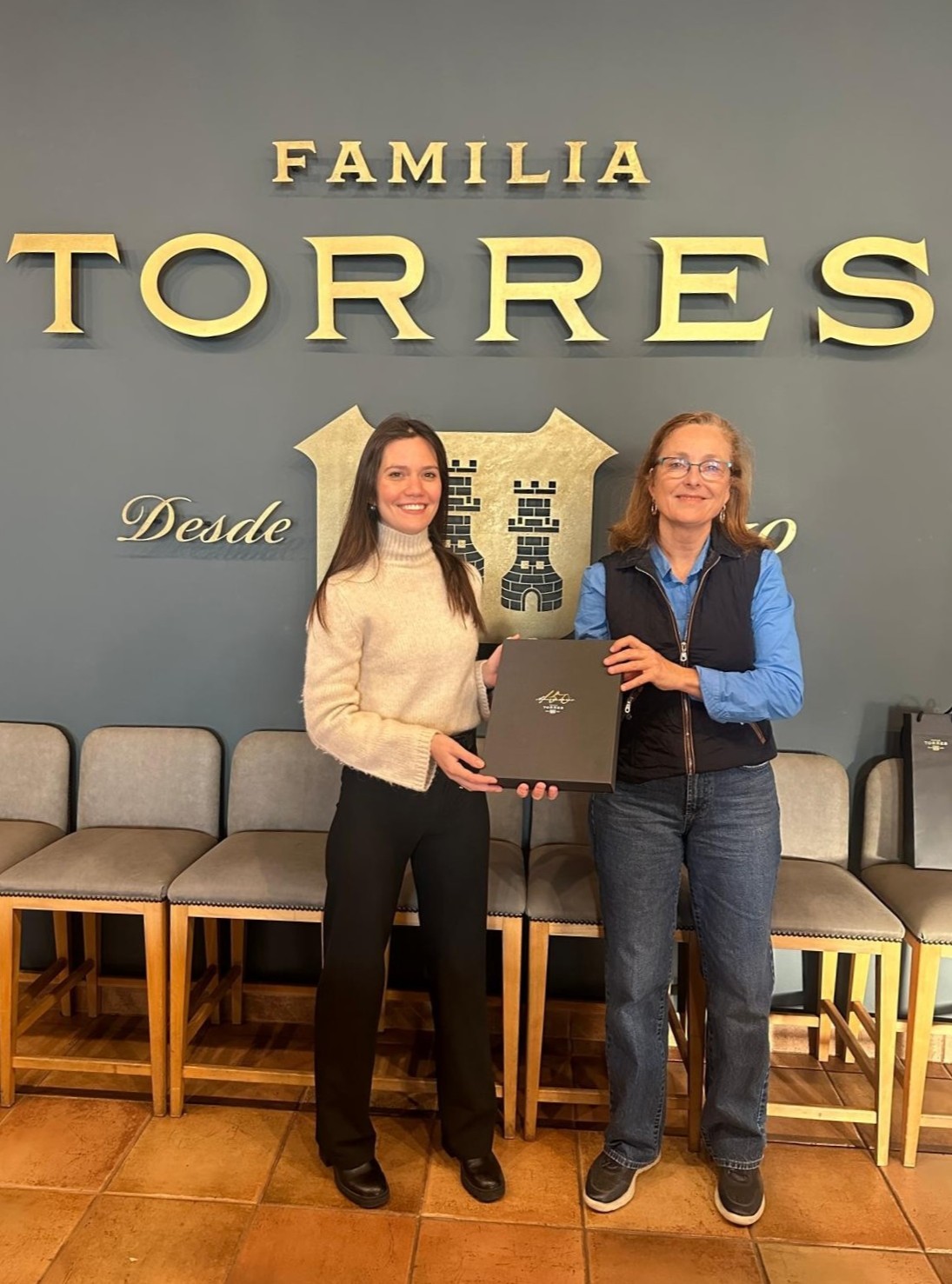IWCA has presented its 4th Annual Report this week, marking a significant achievement: its 50 members account for 3.5% of global wine production. Among them, 20% come from Spain, which is the country with the second most associated wineries, only surpassed by the USA; countries of origin of the founding members of the association: Familia Torres and Jackson Family Wines. Thanks to their foresight and vision, IWCA produces possibly the largest quantity of wines using techniques to lower GHG emissions – making them all low-emission wines.
The 50 IWCA members have made a commitment to reach Net Zero by 2050, in accordance with the United Nations’ Race to Zero initiative. Each company has set ambitious, science-based targets to calculate, account for and follow their path to reducing their carbon emissions at every stage of the winemaking process, every day.
High Level Climate Champion, Gonzalo Muñoz said, ““IWCA plays a key role in celebrating the natural environment we have in our vineyards and in reducing emissions across the winemaking process. “As we move toward COP 30 it is the moment for food and agriculture.
He continued, “The moment for IWCA. The moment for each of us to show leadership and to be visible. To ask for more when it comes to regulation and legislation in each of our countries.”
IWCA 4th Annual Report gives an insight into the work being done by its winemaking climate champions, who are setting the standard in the wine sector in line with IWCA’s rigorous standards of transparency and accountability – inspiring their teams, suppliers, and communities to do the same, by example.
Commenting on IWCA's progress, Miguel A. Torres, IWCA's co-founder and vice president, said: "The climate emergency demands bold commitment from companies around the world, based on consistency, determination and perseverance. The aim is to drastically reduce our carbon footprint, and renewable energies, especially photovoltaics, play a key role here. IWCA's 5-year journey shows progress with more than 50 companies from 13 countries, advocating for climate leadership in the wine industry. There’s a lot more to do, but together we can shape a sustainable future for winemaking.




